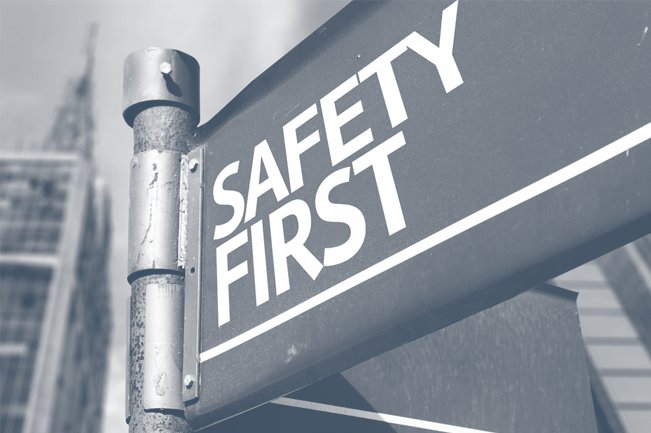Summer Safety: Is your child ready to be home alone?

While your kids are counting down the days until summer break, as a parent it can be stressful trying to figure out if your child is old enough to be home alone. The number of children who stay at home alone continues to increase each year. Everything from the economy to the price of daycare and camps affect this number.
Although Georgia does not have a law to determine when a child is considered old enough to care for themselves or other children, the state does give guidelines to help parents.
• Children under 8 years old should never be left alone, even for short periods of time.
• Children between the ages of 9 and 12, based on level of maturity, can be left home alone for brief amount of time.
• Children 13 and older can generally be left as babysitters, with the exception of foster care children, small infants, or children who require special medical attention.
• Children 15 and older can be left home alone overnight, depending on the level of maturity of the child.
How do you know if your child has reached a level of maturity? You can ask yourself a few questions: Has he/she demonstrated responsible behavior in the past? Are they physically and mentally prepared? Do they obey you when you are home? The next step would be to experiment with short periods of time where your child is left alone. When the child proves they can handle it, you can move on to longer or more extended periods of time.
Make sure you set rules for your children while they are home alone. Walk through what they would do if they were in an emergency situation. Your child should always know how to contact you, as well as another close person. In case of a fire, he or she needs basic first aid. Have a clear rule about eating and drinking when you are gone and make sure there are strict guidelines when it comes to using the stove, oven, or other appliances. Instruct your child on what to do if someone knocks on the door or calls. Your child should know how to make a 911 call. The child should also know your telephone number and address. Playing ‘what if’ games can be beneficial as well.
Always evaluate and be willing to make changes based on how your child is doing. Open discussions will help make your child feel more comfortable as well as reassure you.

